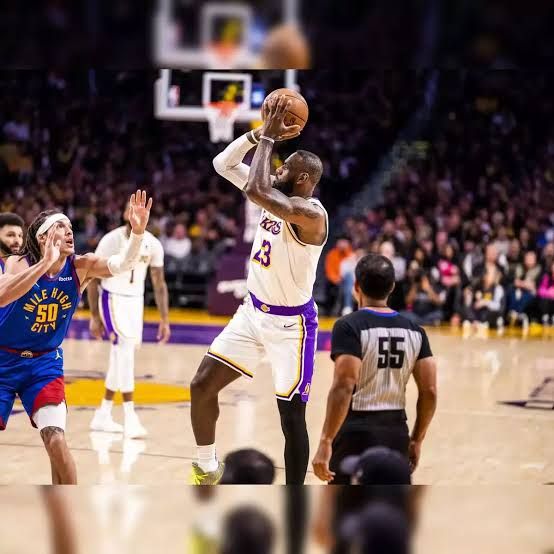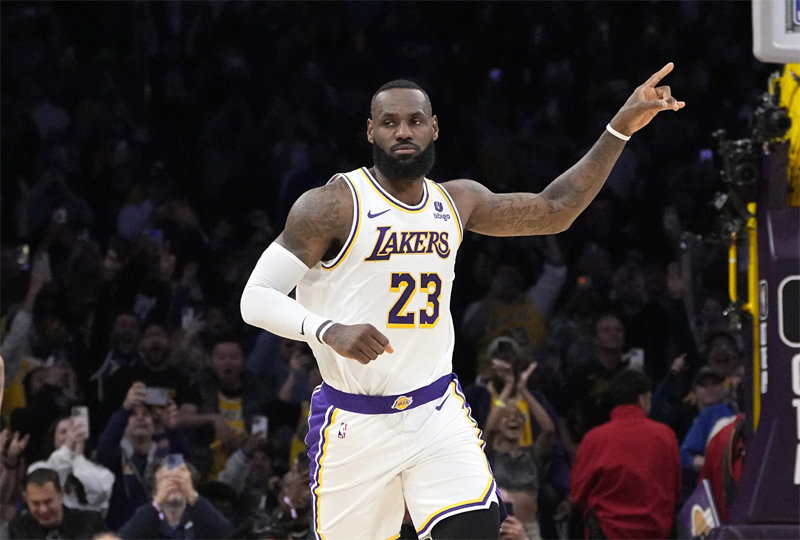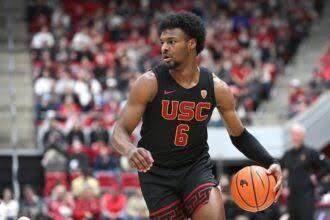LeBron James continues to demonstrate why he is one of the NBA’s most complete players. Entering his 21st season, the Los Angeles Lakers star remains a dual threat, excelling as both a scorer and playmaker. His ability to dominate offensively while orchestrating plays for his teammates highlights his versatility and basketball IQ. LeBron’s scoring efficiency has been complemented by his willingness to adapt as a primary facilitator, a role he has embraced during his time with the Lakers.

This dual role has shaped the Lakers’ game plan. LeBron’s playmaking prowess was pivotal during their 2020 NBA championship run, where his ability to balance scoring and assists drove their success. However, it also exposed
vulnerabilities in the team’s depth, with an overreliance on LeBron leading to fatigue and injuries during subsequent seasons. This dependency necessitated the acquisition of secondary playmakers like D’Angelo Russell to share the creative workload.
Despite challenges, LeBron’s on-court evolution has been remarkable. In Cleveland and Miami, he thrived as an athletic scorer, but his transition to a playmaking role with the Lakers has shown his ability to adapt. LeBron’s influence extends beyond the stat sheet, as he strategically directs the team’s offense, often orchestrating plays that maximize his teammates’ strengths.
Looking forward, LeBron’s dual-threat capabilities remain central to the Lakers’ strategy. While he strives to maintain his physical endurance, the team must ensure that he has sufficient support to sustain their championship ambitions. Balancing his minutes and preserving his health will be crucial as the Lakers compete in a tightly contested Western Conference.
LeBron’s enduring legacy lies in his ability to impact the game in multiple ways. Whether scoring efficiently or distributing the ball with precision, he exemplifies the versatility and leadership that have defined his storied career. As he continues to adapt, LeBron remains a cornerstone of the Lakers’ pursuit of success



